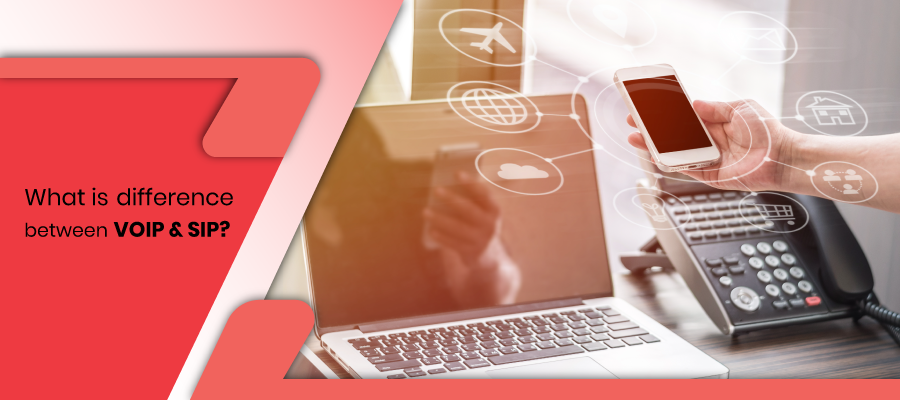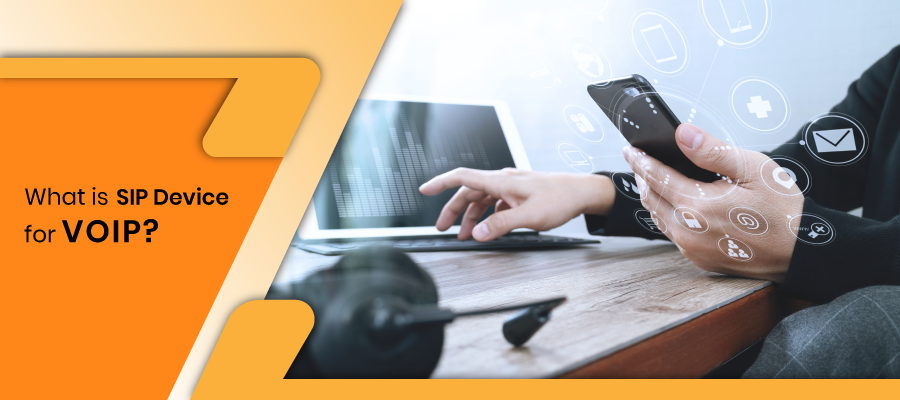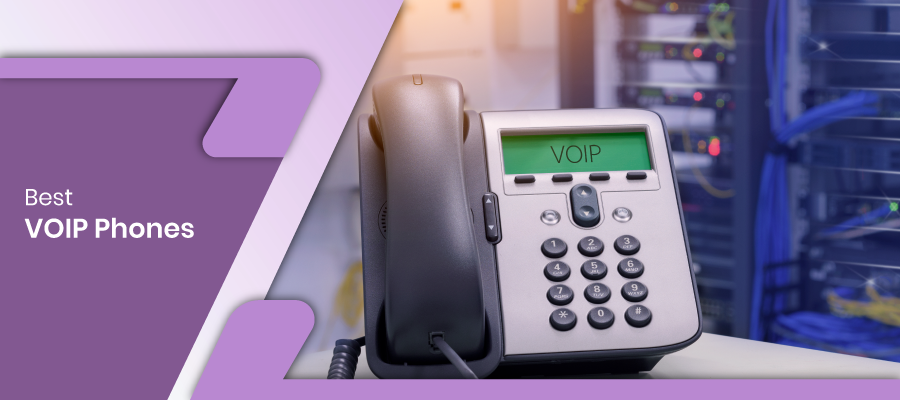
VoIP helps you make calls and receive them over the internet or internal networks. Whereas, SIP is an application layer for protocols that are used for establishing, modifying and terminating multimedia sessions for VoIP calls.
The most significant difference between SIP and VoIP is their scope. Voice over protocol is not a discrete technology but a pool of technologies that help in the modern communication network. However, SIP works like a signaling protocol that is used within the VoIP umbrella.
VoIP also specializes in voice messages while SIP carries every form of media and not just voice. SIP trunks send packets that are transmitted via the data network. This might involve data, voice, and video content. This also means SIP systems allow users to make online voice and video call for free.
According to the device, VoIP and SIP handsets are different from each other. But you must note that SIP handset also works likes a VoIP handset. It is referred to as VoIP phones that need to be connected to a computer to receive or make calls. You need to keep the computer on to do so.
SIP phones work without computers and use modems to work instead. For this, the SIP phone is more of a traditional phone unlike the VoIP option and it can work independently of computers.
The VoIP hosts manage traffic in a different way compared to SIP. The SIP system is processed by individual systems and located on every user’s system. This is known as user agents. It is more like a peer-to-peer work system that manages a large amount of traffic and data as the users have more access to bandwidth and resources.
VoIP hosts, on the contrary, organize, filter, and direct traffic from a central network. When you choose this form of communication system, a large amount of traffic causes the system to overload. This leaves an impact on the overall performance. A single network is helpful as fewer points of communication lead to stronger security defense.
A major benefit of SIP over VoIP protocols is the ability to integrate with other protocols. This means it adapts the signaling protocol to match the client’s systems. It is quick, scalable, flexible, and efficient to meet user’s needs.




















Leave a comment